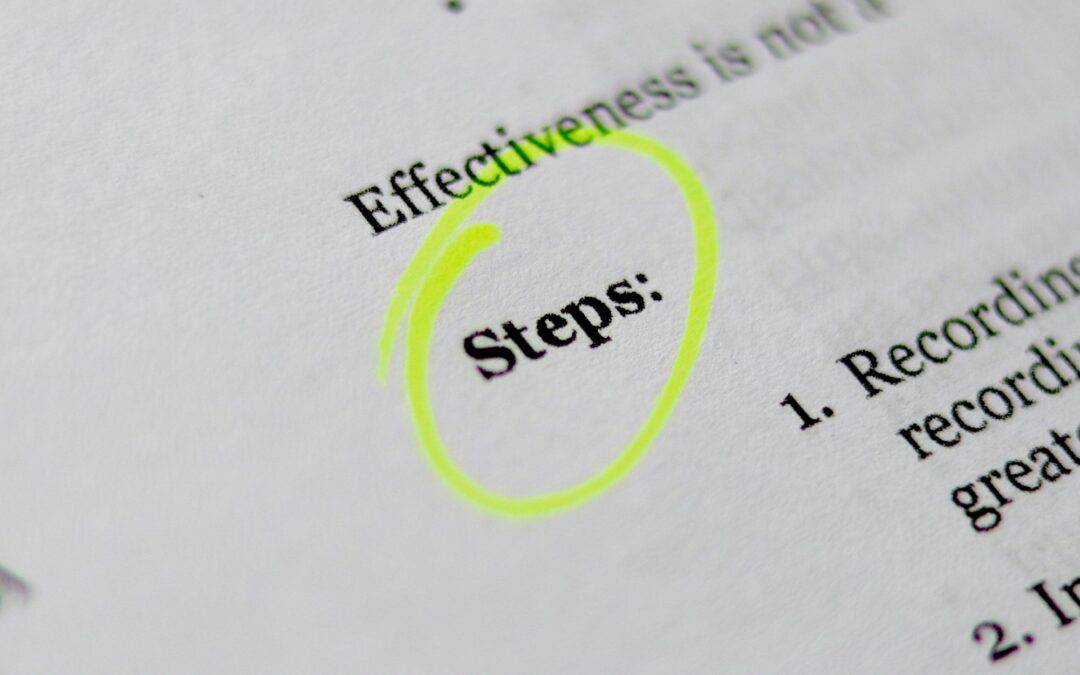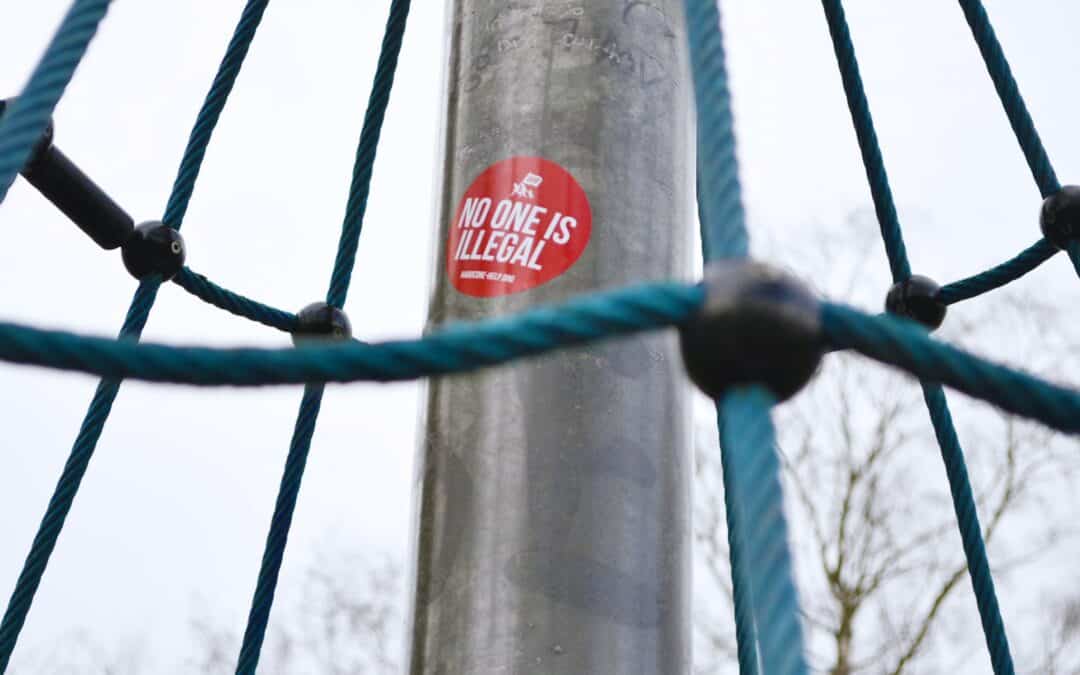
by Burke Barclay | Sep 5, 2023 | Social Security Disability
Your Adult Function Report
You Must Take Your Adult Function Report Very Serious When Filing For Social Security Disability. Most people who file for disability do not understand the process by which the Social Security Administration determines whether a person is disabled or not. Because medical records are often subjective and fail to show not just the diagnosis but how a person’s medical condition limits their ability to work, Social Security uses a function questionnaire to determine these issues instead.

by Burke Barclay | Sep 5, 2023 | Social Security Disability
The Five Step Process Social Security Uses.
For most people, the fact that they have a severe medical condition, either physical or mental, leads them to believe they are unable to work and should receive Social Security disability benefits.
Sadly, this could not be further from the truth. The reality is that there is a five step process Social Security uses to determine if a person is disabled by their own rules. I cannot express how important this is. Just because your doctor or anyone else states that you are disabled, this will hold little weight in determining whether or not you should receive disability benefits.

by Burke Barclay | Sep 5, 2023 | Social Security Disability
Preparation Is Essential For Your Social Security Disability Case
Time and time again I have spoken to Claimants who have a case pending for disability benefits and believe if they can only speak to the judge about how their conditions make them feel, then they will be approved for Social Security disability benefits. This could not be further from the truth. Preparation Is essential.

by Burke Barclay | Sep 5, 2023 | Social Security Disability
Good Medical Records and Credibility Help Win Social Security Disability Cases.
When I am representing a Claimant before the Social Security Administration, I know I have a strong case if I am able to back up his or her claims with strong medical evidence and my client is credible when testifying as to his or her disabling conditions. There is no substitute for strong medical evidence. Many Claimants struggle with this because by the time they are eligible to qualify for Social Security disability benefits, they have used all their savings due to lack of income. So, many have to choose the last alternative available for medical care, which usually involves walking into the emergency room at a county hospital. The problem here is that while there are medical records to back up their claim, records from a private and individual doctor are oftentimes better and can help the Court completely understand the symptoms and conditions limiting someone from working.

by Burke Barclay | Sep 5, 2023 | Social Security Disability
Being In the United States Illegally Does Not Mean You Have to Give Up Your Rights
If you are not familiar with the 4th Amendment to the U.S. Constitution, in its most simplistic terms it protects anyone living in the United States from an unreasonable search or seizure by a person of the government or an agent of the government. What is unreasonable would take a law school class to completely explain, suffice it to say, this is the reason why there are criminal and civil rights lawyers still being employed to this day. But, what are some basic steps you can take to protect yourself, especially if you are here in the United States and are not familiar with all of U.S. laws?

by Burke Barclay | Sep 4, 2023 | Social Security Disability
Have A Vocational Expert Testify At Your SSD Hearing.
Many disability claimants are often in bewilderment as to who and why a Vocational Expert (VE) would be scheduled to testify at their disability hearing. Many people mistakenly believe that just because they have a physical or mental impairment, they will be found to be disabled if they can only get in front of an Administrative Law Judge (ALJ) and tell their side of the story. Sadly, without an attorney versed in Social Security disability law, you may find that you are not on the receiving end of a favorable decision.






